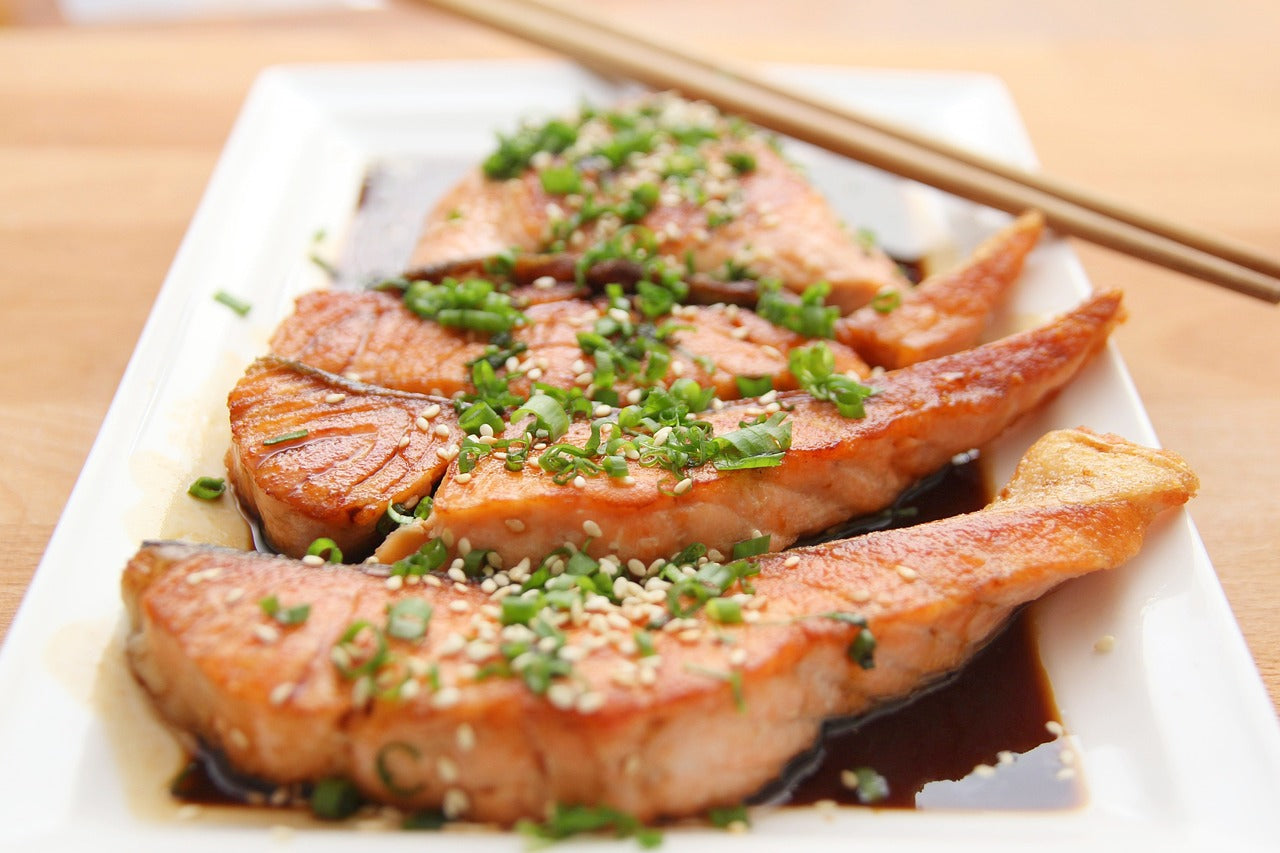
Pregnant Moms Who Eat This Help Protect Their Kids From Autism
I seem to be writing about autism with a fair amount of frequency.
Part of that is because it’s a hot topic in the medical community, and the other reason is because of how much more common it is now.
Well, this new study about pregnant women and a certain dietary food type should give moms everywhere reason to rejoice.
That’s because a recent study concluded pregnant women who eat fish three times a week help protect their children from autism.
Spanish researchers following 2,000 pregnant mother-child pairs wanted to see what happened when the mothers ate fish three times a week.
They followed the mothers from the time their children were in utero until their fifth birthday, and what they observed was quite affirming.
Jordi Julvez, who was one of the lead authors for the study and works at the Center for Research in Environmental Epidemiology in Barcelona, said this study confirms what they knew about fish and its ability to positively affect brain matter.
“Seafood is known to be an important source of essential nutrients for brain development, but at the same time accumulates mercury from the environment, which is known to be neurotoxic,” said Julvez.
The interesting thing here is his team observed that when mothers ate 500-600g of fish per week, their diet offered definitive neuroprotection for the child, and it did so with no risk for acute mercury poisoning.
This is really good news, especially for pregnant moms who worry about eating fish during pregnancy.
Now, I should mention, Julvez did say it would take additional studies to help give pregnant mothers better guidance when it comes to mercury poisoning.
However, what they were 100% certain of was that eating fish definitely helped with the children’s developing brains.
Focusing on women who ate large amounts of “fatty fish such as swordfish and albacore tuna, smaller fatty fish such as mackerel, sardines, anchovies or salmon, and lean fish such as hake or sole, as well as shellfish and other seafood,” they determined the more the mothers ate, the healthier their children’s brains were.
According to Reuters:
At ages 14 months and five years, the children underwent tests of their cognitive abilities and Asperger Syndrome traits to assess their neuropsychological development.
On average, the women had consumed about 500 g, or three servings, of seafood per week while pregnant. But with every additional 10 g per week above that amount, children’s test scores improved, up to about 600 g. The link between higher maternal consumption and better brain development in children was especially apparent when kids were 5 years old.
The researchers also saw a consistent reduction in autism-spectrum traits with increased maternal fish consumption.
Mothers’ consumption of lean fish and large fatty fish appeared most strongly tied to children’s scores, and fish intake during the first trimester, compared to later in pregnancy, also had the strongest associations.
“I think that in general people should follow the current recommendations,” Julvez said. “Nevertheless this study pointed out that maybe some of them, particularly the American ones, should be less stringent.”
I should mention there is a limit on how much fish is good enough.
They say when women ate more than 595g of fish, it didn’t add any additional health benefits for the children.
If you’re a pregnant mom, or know a pregnant mom and want to show them this study, keep this in mind.
The common recommendation to eat fish with lower mercury levels still stands. In fact, fish rich in Omega-3s and low in mercury are your best bets, such as salmon, herring, halibut, sardines, and anchovies.



